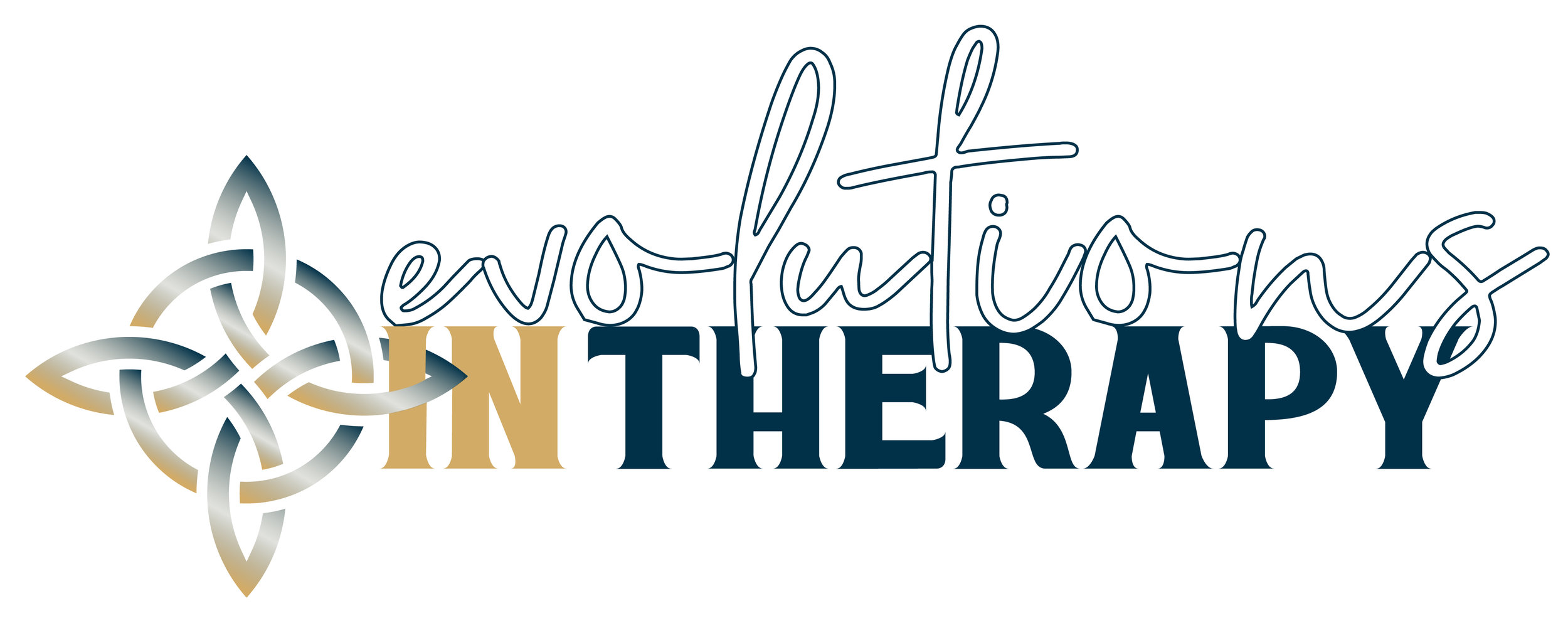Therapies, Part II
Styles of Therapies, Part II
“If you are willing to look at another person’s
Behavior towards you as a reflection
Of the state of their relationship
With themselves rather than
A statement about your value as a person,
Then you will, over a period of time,
Cease to react at all.”
Yogi Bhajan
There are many different styles and types of therapy. I am naming only a few. Many therapists blend different types and styles according to what fits with their clients’ different situations. The most important aspect of choosing a therapist is to interview the therapist, and then trust your gut. It is important to interview the therapist before deciding if you want to work with them. Remember, they are working for you in the most important and intimate of relationships. You need someone you develop trust with and whose style matches what works for you. At the end of this week’s blog, I have added a template for how to interview a therapist.
Other forms of therapies are:
Psychodrama is a very active form of therapy, it is also done with a group, usually a small number, led by a clinician that is licensed and also certified in psychodrama. Participants set up dramas from their histories and have other members act out situations they have struggled with in their lives. It involves dramatization, role playing and is often very cathartic which is why it is always led by one or two certified and licensed professionals. Sometimes a therapist working with an individual or a couple will refer them to a psychodrama weekend.
Internal Family Systems (IFS). This model was developed in the 1980’s by Richard Schwartz. This model has the view that each individual is made up of subpersonalities, or parts, each part with their own viewpoint and personality. This is not suggesting multiple personalities as seen in books and movies but is suggesting that understanding the different subpersonalities leads to a better integration of the whole person. There is scientific and substantial research on its effectiveness. It can be especially effective with trauma.
Eye movement desensitization and reprocessing (EMDR). This is usually done with a therapist to work through traumatic memories. It can be as many as 12+ sessions but depends on the therapist. A licensed therapist must go through special training to be able to do EMDR. The therapist uses a light bar or simply a hand moving back and forth horizontally while the client talks through an incident with which they are struggling. It may move memory from image to speech in this bilateral therapy.
Group Therapy. This is often a homogenous group of people who have a common bond. It may be a group of codependents, a group of addicts, a mental health group, a group recovering with PTSD, a spiritual group or retreat, survivors of sexual or domestic violence, etc. The group is led by an individual who specializes in group work. In this setting, each member is actually helped by the other members who share, respond, and support one another. This is sometimes in conjunction with individual therapy but isn’t a requirement. One of our commonalities is that when we are going through very difficult life problems, we feel isolated and as if we are the only ones to feel as we do. The value of group therapy is learning we are not alone and that many of our internal struggles are also that which other people are also experiencing.
HOW TO INTERVIEW A THERAPIST
There are times in all our lives that we need the extra help of a person trained to assist us through a new phase of our lives. Sometimes, we want someone who can give us new skills such as how to communicate in a more meaningful manner, sometimes we need someone to act in a supportive role as we go through painful times. Sometimes we want to know ourselves better. It is good to know what you are wanting to work on and how to ask the right questions. Not all therapists work in the same way. Here are some ideas.
Remember, this is someone who will be working for you so interviewing a therapist as opposed to just hiring anyone is important.
Questions to ask:
Do you have a particular population that you most commonly serve?
Do you take insurance and how does that work? Which insurance companies?
What is your fee? What is your background in working with families with addiction and codependency? with mood disorders, with food disorders, with depression, etc.
Have you worked with trauma?
Do you work with any psychiatrists if medication is suggested?
Have you done your own therapy? How do you work? Do you share your ideas? Do you educate? Do you simply listen?
There are so many therapies I have not discussed here that are useful. These are some of the more common ones.
Next week, we will begin work on boundaries and how they help relationships.
